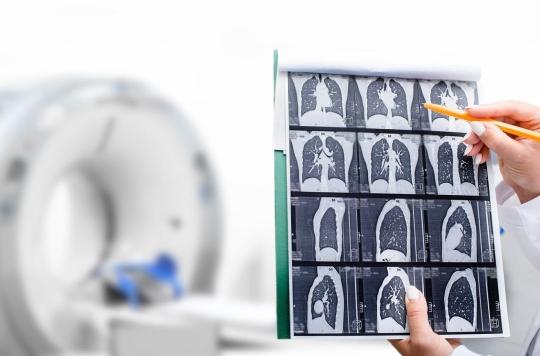Stocks of the Hemoccult colorectal cancer screening test are running out, and its successor is still not available. The League against cancer is alarmed by this delay.

The end of 2014 is approaching, and the highly anticipated immunological test is still not available. This new colorectal cancer screening method was supposed to replace the Hemoccult test before 2015… but its implementation is delayed. The League against cancer is alarmed about the possible consequences on organized screening.
More efficient and easier
Hemoccult stocks are “almost exhausted” and “in many departments”, the population is no longer invited to participate in organized screening. This is the grim record that the League against cancer draws up in a press release. This critical situation is explained by the fact that the Hemoccult test was to be stopped on January 31, 2015. On that date, the new immunological test, more precise and less restrictive for the patient, should have taken over.
Both screening tests look for blood in the feces. With the Hemoccult test, you must give 2 samples from 3 different stools. The immunological test is simpler (a single sample), but also more efficient. It detects twice as much cancer (80%) and four times as many precancerous lesions. Each year, it could save 1,500 to 2,000 lives.
The screening-diagnosis-care process threatened
But for several months, the delays have been piling up. Hemoccult, whose end was announced in March 2013, benefited from a “reprieve” for 2014. Last February, the National Cancer Institute (INCa) announced on its website that “the passage from the guaiac test to the test immunological should take place at the end of 2014. »The decree formalizing the substitution was only published on October 4, 2014 in the Official Journal.
If the League sounds the alarm, it is because the delay in setting up the immunological test may have a negative impact on organized screening. In the target population (50-74 years), “interval cancers could develop and go unnoticed” and the screening-diagnosis-care process could be disrupted if Hemoccult is not put back in place, estimates the League. “Our health care system must not subject the affected population to delays in diagnoses and therapies,” insists the organization.
The situation is all the more damaging given that the benefits of organized screening have been proven. A study conducted in Côte-d’Or has shown that, since the start of this system, 89% of high-risk adenomas and 68% of non-advanced adenomas have been detected in addition. This early detection makes it possible to cure the cancer in 9 out of 10 cases.
.














